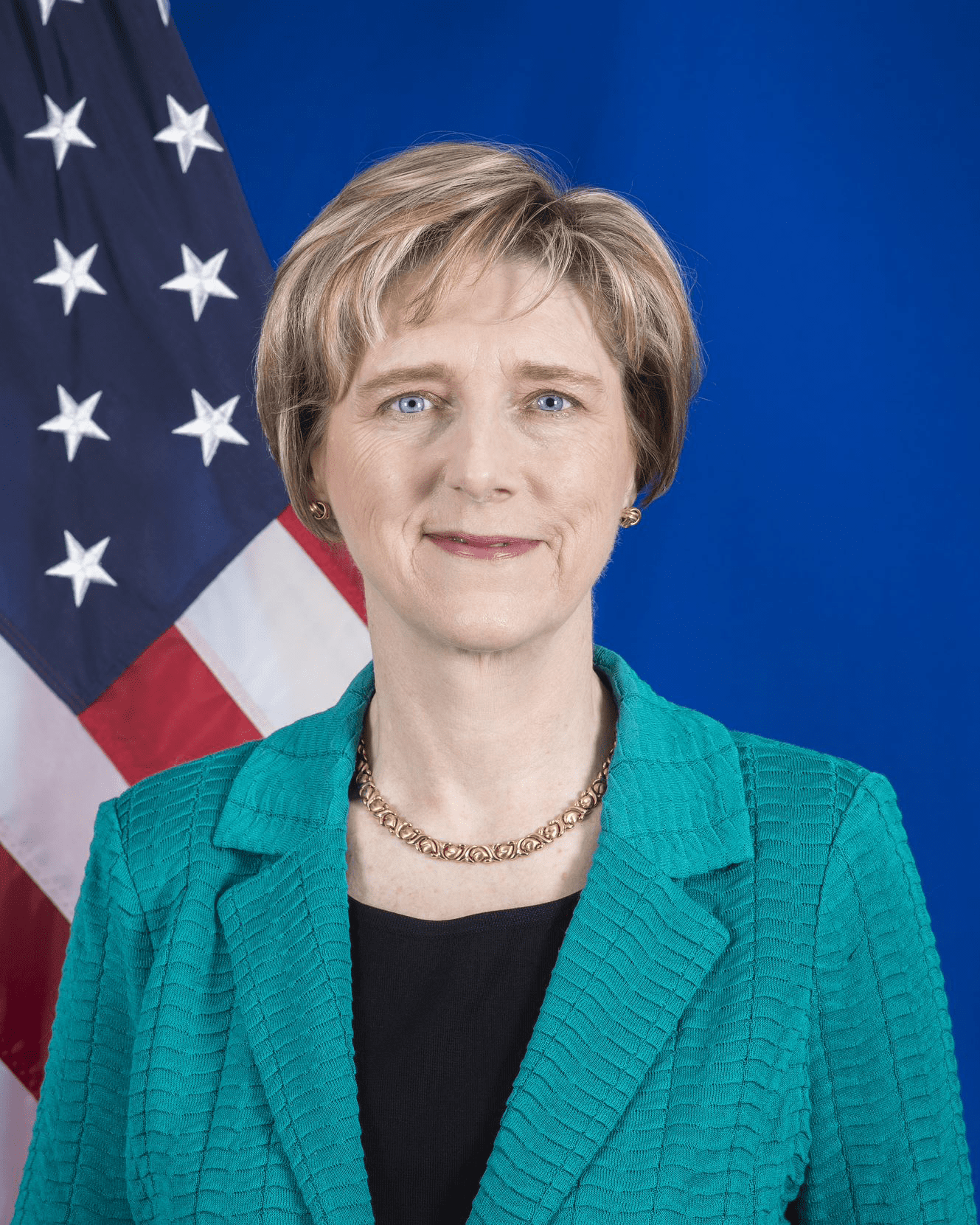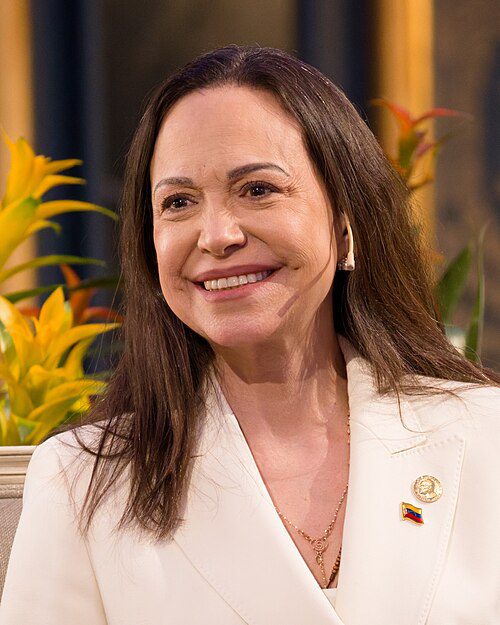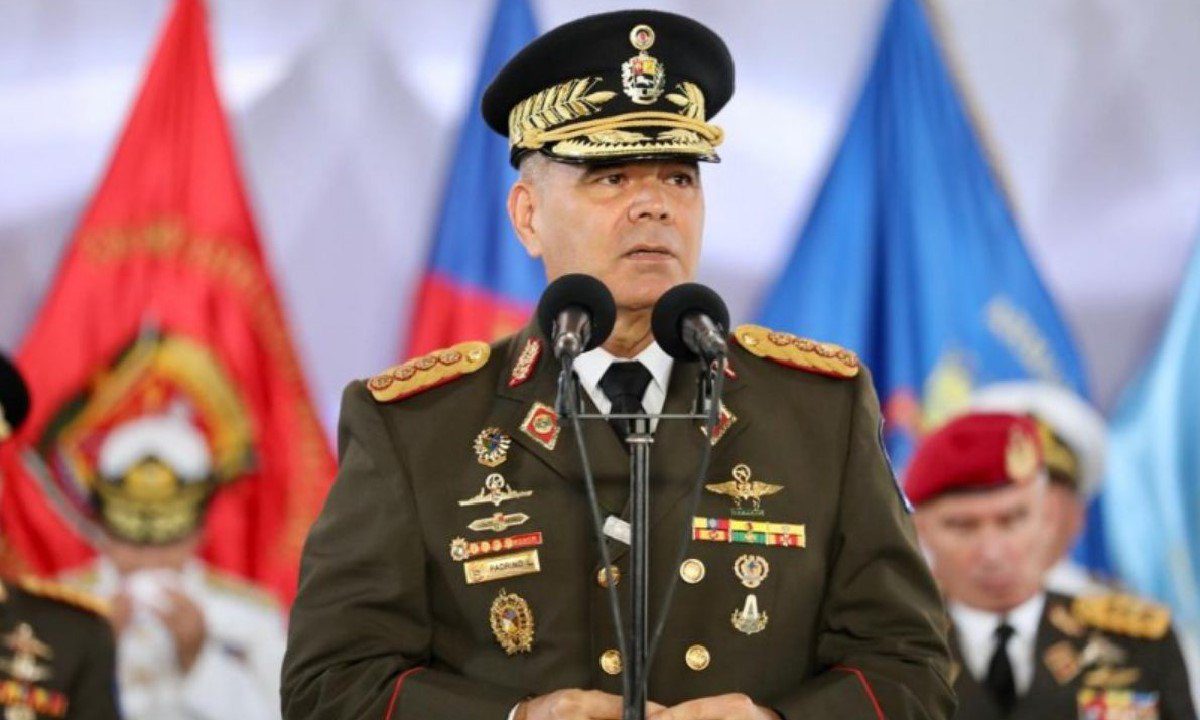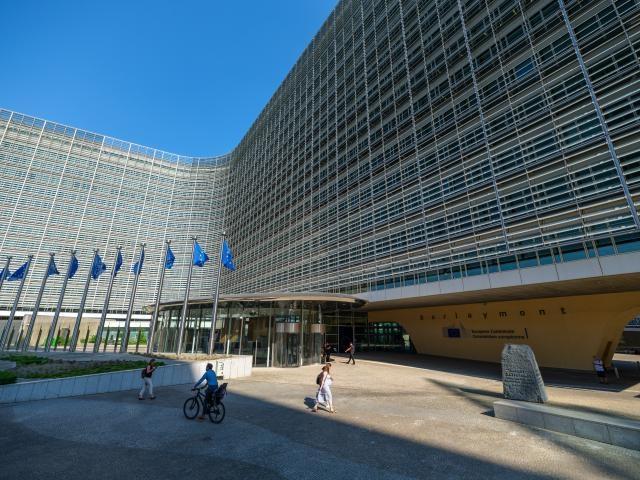Official photograph of the heads of state and government, foreign ministers, deputy foreign ministers, and delegations from the 33 member countries participating in the IX Summit of the Community of Latin American and Caribbean States (CELAC), held in Tegucigalpa, Honduras. Photo: Honduran Foreign Ministry.
Guacamaya, April 10, 2025. The IX Summit of the Community of Latin American and Caribbean States (CELAC) concluded with the signing of the Tegucigalpa Declaration, reaffirming the commitment to sovereignty, non-interference, and the rejection of unilateral coercive measures. Honduras handed over the pro tempore presidency to Colombia, which will seek to expand the bloc’s influence amid trade tensions and in solidarity with Venezuela, Cuba, and Palestine.
With the participation of 33 delegations, the IX CELAC Summit closed this Wednesday in Honduras with a call to strengthen regional integration and address global challenges such as migration, climate change, and unilateral sanctions. The Tegucigalpa Declaration, endorsed by most countries except Argentina, Paraguay, and Nicaragua, asserts Latin America as a “Zone of Peace” and criticizes mass deportations of migrants from the United States, as well as their imprisonment in countries like El Salvador.
Solidarity and Rejection of Sanctions Against Venezuela and Cuba
The Venezuelan government, represented by Foreign Minister Yvan Gil in the absence of Nicolás Maduro—who cited “security threats” and delivered a virtual speech—received support against recent U.S. measures, a key development given the tensions Caracas has faced since last year’s presidential elections. The declaration condemned unilateral coercive measures, a clear reference to U.S. sanctions affecting Venezuela and Cuba. Maduro, in a recorded message, denounced the “criminalization” of Venezuelan migrants and demanded regional action against laws like Ecuador’s, which allows their detention in “concentration camps.”
Venezuela’s delegation also included Jorge Arreaza, current Secretary General of the Bolivarian Alliance for the Peoples of Our America (ALBA).
Honduran President Xiomara Castro reinforced this stance by condemning the blockade against Cuba and supporting the “sovereign rights” of Venezuela and Nicaragua, countries facing international pressure. This position reflects CELAC’s strategy to shield its members from external interference, though with cracks: Nicaragua rejected the declaration for not including explicit support for Palestine, Cuba, and Venezuela.
Geopolitics of Integration: A Counterbalance to the U.S. and the Global North?
The summit marked a shift under Colombia’s incoming leadership. President Gustavo Petro announced ambitious plans, including a May meeting with China to expand cooperation—at a time when the U.S. seeks to reduce Asian influence in the region—as well as engagements with Arab Gulf nations, a forum with the African Union, and summits on migration and trade. These initiatives aim to diversify alliances in a context where the U.S. maintains 10% tariffs for most of the region, except Venezuela and Nicaragua, which face higher rates.
For Venezuela, this multilateralism is vital. CELAC serves as a platform to counter diplomatic isolation and push back against sanctions, while Petro—despite recent differences with Maduro—prioritizes regional unity. This represents a break from the attempted international and especially regional isolation Maduro seemed poised to face after tensions over last July’s election results. U.S. sanctions have allowed him to gain support from countries with which he had recent disagreements.
It is worth recalling that Brazil, Colombia, and Mexico worked together to promote dialogue ahead of Venezuela’s July 28 elections. Now, with Petro leading a regional body, coordinated efforts may emerge to address the Venezuelan conflict, which must also contend with the impact of international sanctions—affecting both the economy and humanitarian conditions.
Brazil, through Celso Amorim, special advisor to the president on international affairs—who previously participated in diplomatic efforts during Venezuela’s 2003 oil strike crisis alongside the OAS and the Carter Center—was present in the 2024 presidential elections. Mexico, which has hosted multiple talks between Venezuela’s government and opposition, will also play a key role in supporting Colombia’s CELAC leadership, which has sought to mediate between factions. This could present an opportunity in a year when Venezuela may even propose a constitutional reform.
Call for a Latin American UN Secretary-General and Focus on Energy and Health
The push for a Latin American to head the UN, alongside emphasis on energy and health, could help Caracas forge global alliances and evade diplomatic isolation—though many variables must align. A Latin American UN chief could bring special focus to the region’s issues, potentially aiding in Venezuela’s case. One possible candidate is former Chilean President Michelle Bachelet, who has criticized Maduro’s government but also opposed past sanctions against Venezuela.
Challenges and Contradictions
While anti-imperialist and sovereigntist rhetoric united several governments, the absence of Argentina and Paraguay—along with Nicaragua’s criticisms—highlighted ideological tensions. Additionally, support for Haiti contrasted with the lack of concrete mechanisms to address its crisis. Meanwhile, condemning U.S. deportations clashes with many regional economies’ dependence on Washington.
The CELAC Summit endorsed a project of regional autonomy, with several countries facing external pressures, particularly from the U.S. However, its real impact will depend on Colombia’s ability to reconcile disparate interests and turn declarations into action—in an increasingly polarized and fragmented world where strategic coordination with other power centers and South-South cooperation are crucial.







